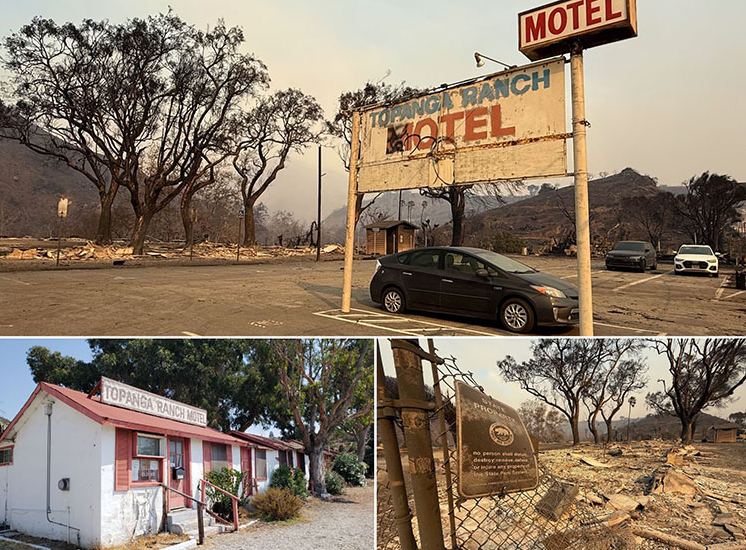The San Bernardino County Sheriff’s Department has issued a public safety announcement regarding a rampage of telephone kidnapping scams. We agree with the department that citizens need to know how to tell when they’re being scammed and how to prevent kidnapping from being a reality.
The scare for Los Angeles County and its neighbors sparked largely last September. Further investigation and occurrences led to reports discouraging victims from playing into the scam further by paying off “kidnappers” with prepaid cards. Now, the issue has resurfaced with this typical scenario reported in the Sheriff’s PSA:
…people receive a phone call from a person who says a family member is being held hostage, and the caller vows to hurt or kill the hostage unless the caller’s demands are met. Family members will be ordered to collect personal items of value such as jewelry and money. Callers will demand items be left at a designated drop-off point or, to send money through a wire transfer. Family members will be instructed to check into a local hotel nearest the drop off point and wait for further instruction. Callers try to dissuade people from contacting their allegedly “kidnapped” relative.
Additionally, the calls that come in will not be from your local area code (775 and 664 have been reported in San Bernardino) and may not even be from the US. The kidnapper’s number will never be used in the scams.
But in a moment of terror upon hearing a family member or other loved one has been kidnapped, how can you be certain the situation is a scam?
Here are some tips on how to ensure your loved one’s safety:
- Ignore the caller’s intent to dissuade you from calling the supposed kidnap victim. Actually call the kidnap victim’s phone as soon as you can to ensure s/he is safe.
- If you cannot reach the victim, ask the caller to speak with the victim. Say you want to verify they are alright (other than potentially having been kidnapped).
- While on the phone, do not confirm names or offer other names of family or loved ones. Listen carefully to the caller to see if they actually know how they are talking about. If s/he is using vague references (i.e., daughter, son, mother, father, friend, husband, wife), there is a strong chance it is a scam.
- In any situation, whether a scam or a real kidnapping situation, contact your local law enforcement agency or 911 immediately to report the incident.
For more tips on how to prevent child abduction and kidnapping, click here.
In all, AEGIS encourages you to stay alert and be active with your local law enforcement should you be affected by such a scam. Never readily hand over money, possessions, or identifying information.
AEGIS Security & Investigations is a Los Angeles region company that is licensed and insured in the State of California to provide high-end armed and unarmed regular and temporary off-duty police officers, bodyguards, security officers, loss prevention agents, and event staff. Additionally, we offer services for private investigation, consultation, people tracing, and background investigation. Our trainings and workshops in the field of security licensure and counter-terrorism have been featured in news media and are renowned for their efficacy. For more information or to contact us, visit www.aegis.com.
Author: Chelsea Turner & Jeff Zisner






